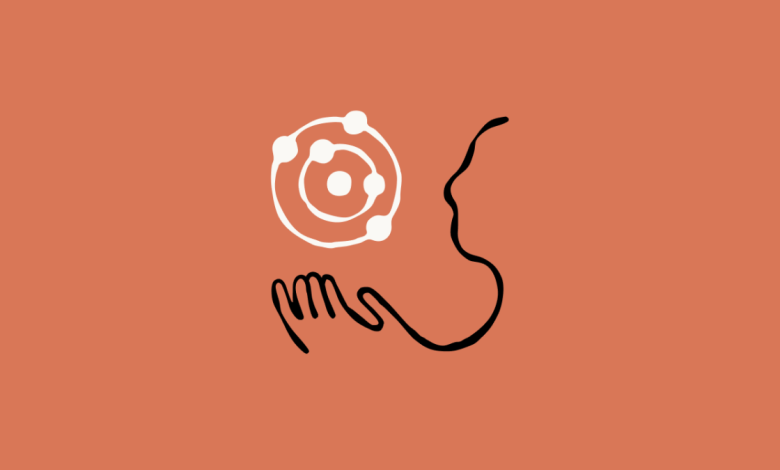Anthropic releases Opus 4.5 with new Chrome and Excel integrations

On Monday, Anthropic announced Opus 4.5, the latest version of its flagship model. It’s the last of Anthropic’s 4.5 series of models to be released, following the launch of Sonnet 4.5 in September and Haiku 4.5 in October.
As expected, the new version of Opus has state-of-the-art performance on a range of benchmarks, including coding benchmarks (SWE-Bench and Terminal-bench), tool use (tau2-bench and MCP Atlas) and general problem solving (ARC-AGI 2, GPQA Diamond).
Notably, Opus 4.5 is the first model to score over 80 percent on SWE-Bench verified, a respected coding benchmark.
Anthropic also emphasized the Opus’s computer use and spreadsheet capabilities, and launched a number of parallel products to showcase how the model holds up in those settings. Together with Opus 4.5, Anthropic will make its Claude for Chrome and Claude for Excel products — previously in pilot — more broadly available. The Chrome extension will be available to all Max users, while the Excel-focused model will be available to Max, Team and Enterprise users.
Opus 4.5 also comes with memory improvements for long-context operations, which required significant changes in how the model manages its memory.
“There are improvements we made on general long context quality in training with Opus 4.5, but context windows are not going to be sufficient by themselves,” Dianne Na Penn, Anthropic’s head of product management for research, told TechCrunch. “Knowing the right details to remember is really important in complement to just having a longer context window.”
Those changes also enabled a long-requested “endless chat” feature for paid Claude users, which will allow chats to proceed without interruption when the model hits its context window. Instead, the model will compress its context memory without alerting the user.
Techcrunch event
San Francisco
|
October 13-15, 2026
Many of the upgrades are made with an eye towards agentic use-cases, particularly scenarios in which Opus acts as a lead agent commanding a group of Haiku-powered sub-agents. Managing those tasks requires a strong command of working memory, which is where the memory improvements described by Penn really show their worth.
“This is where fundamentals like memory become really important,” Penn says, “because Claude needs to be able to explore code bases and large documents, and also know when to backtrack and recheck something.”
Opus 4.5 will face stiff competition from other recently released frontier models, most notably OpenAI’s GPT 5.1 (released on November 12) and Google’s Gemini 3 (released November 18).




